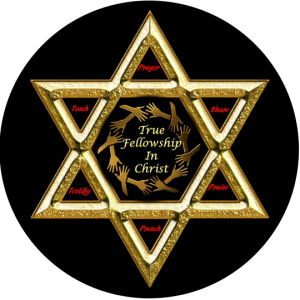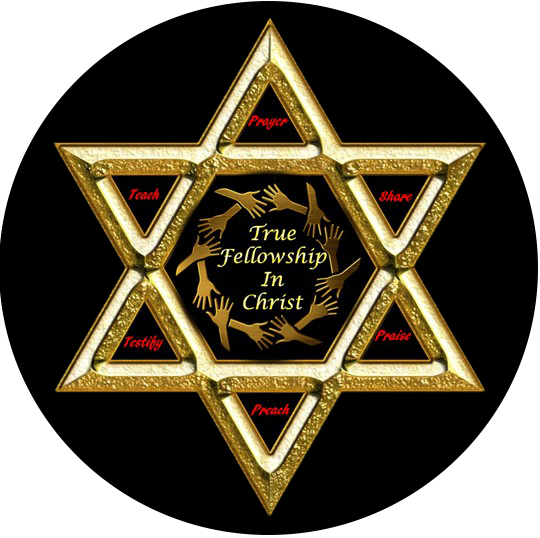Moses
Moses tends to give the impression of one who is preeminent. What we must be sure to differentiate is the fine line between leadership and usurping the preeminence of God. Many in the usurping position point to Moses as their example for their preeminent position within a church body. The question should arise: Did Moses ever usurp the sovereign preeminency of God, and if he did, what were the consequences?
When Moses is around 40 years old, he somehow becomes aware that he is Hebrew and not Egyptian. He identifies with the Jews and their stories of being freed from slavery by a deliverer. He embraces that and out of ignorance takes upon himself that role, thinking to use his preeminent position as a prince of Egypt to deliver the Hebrews. His approach ended up in the killing of an Egyptian. The consequence was having to flee for his crime and spending time in the wilderness as a shepherd for 40 years. The humanistic way failed. Only with God in control, as preeminent, will things never fail.
Then he remembered the days of old, Moses, and his people, saying, Where is he that brought them up out of the sea with the shepherd of his flock? where is he that put his holy Spirit within him? That led them by the right hand of Moses with his glorious arm, dividing the water before them, to make himself an everlasting name? That led them through the deep, as an horse in the wilderness, that they should not stumble? As a beast goeth down into the valley, the Spirit of the LORD caused him to rest: so didst thou lead thy people, to make thyself a glorious name. Isaiah 63:11-14
Ezekiel is making it absolutely clear that God was the one leading the Hebrews to freedom, providing for them throughout the wilderness wanderings. Moses was his facilitator, but God did all the work and was to receive all the glory. God brought them into the sheepfold by night and was a light (pillar of fire) unto them. God was the Shepherd that went before them as a pillar of cloud by day. Moses was God’s primary servant for executing his will.
Behold, I will stand before thee there upon the rock in Horeb; and thou shalt smite the rock, and there shall come water out of it, that the people may drink. And Moses did so in the sight of the elders of Israel. Exodus 17:6
And the LORD spake unto Moses, saying, Take the rod, and gather thou the assembly together, thou, and Aaron thy brother, and speak ye unto the rock before their eyes; and it shall give forth his water, and thou shalt bring forth to them water out of the rock: so thou shalt give the congregation and their beasts drink. And Moses took the rod from before the LORD, as he commanded him. And Moses and Aaron gathered the congregation together before the rock, and he said unto them, Hear now, ye rebels; must we fetch you water out of this rock? And Moses lifted up his hand, and with his rod he smote the rock twice: and the water came out abundantly, and the congregation drank, and their beasts also. And the LORD spake unto Moses and Aaron, Because ye believed me not, to sanctify me in the eyes of the children of Israel, therefore ye shall not bring this congregation into the land which I have given them. Numbers 20:7-12
When we obey God by not taking things into our own hands, we become obedient facilitators to those God has placed around us. God told Moses to strike the rock, and the water would come out to satisfy their thirst. Later, God told Moses to speak to the rock. This second time, Moses was angry with the Hebrews, and he allowed his anger to push him into usurping the preeminence of God. Asserting himself, instead of obeying God, he struck the rock. By putting himself into preeminence over God, Moses, was banned from entering the Promised Land.
We should always be careful not to usurp the preeminence of God. And we need to consider our actions around those who have taken a position of preeminence. If we show our approval, then we are complicit with them. This was the position of Aaron who approved of Moses’ action and was also banned from entering the Promised Land. How God dealt with Moses and Aaron should be a warning to us all.
Ralph Wendt

